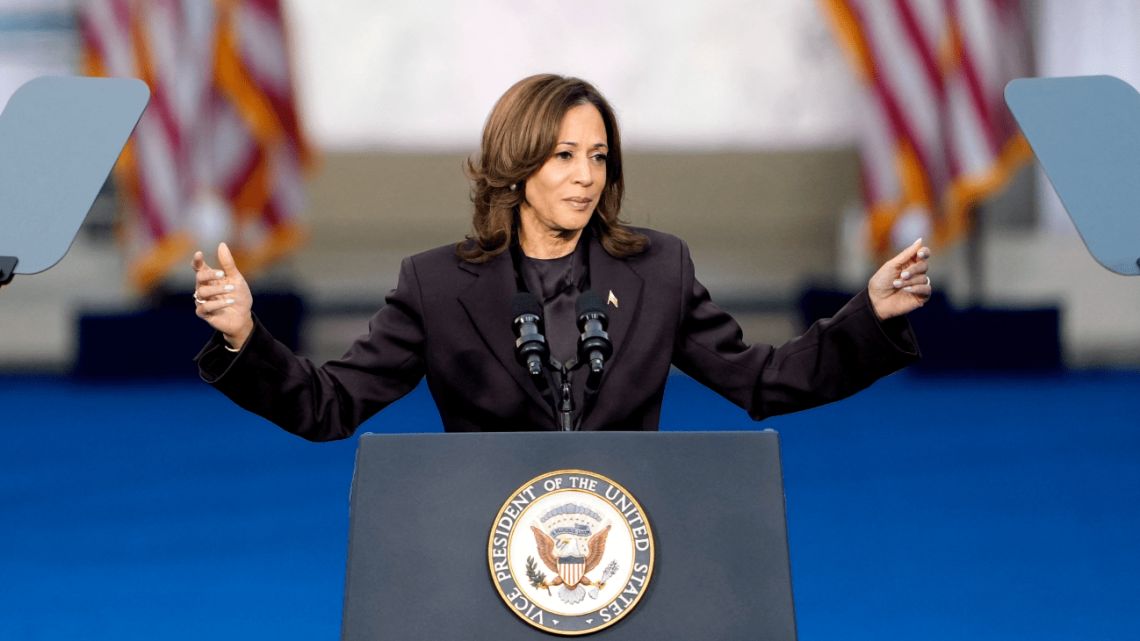Somaliland prepares for a pivotal moment in its history as the November 13, 2024, elections approach. The self-declared state will hold simultaneous presidential and political party elections.
These polls will test Somaliland’s democratic credentials and its quest for international recognition. President Muse Bihi Abdi seeks a second 5-year term amid political tensions.
His Kulmiye party faces strong opposition from the Waddani party led by Abdirahman Mohamed Abdilahi. The election outcome will shape Somaliland’s future governance and policies.
Somaliland has held three previous presidential elections by universal suffrage since 1991. These polls have resulted in peaceful power transitions between parties.
This track record has set Somaliland apart in the volatile Horn of Africa region. However, recent years have seen challenges to Somaliland’s stability.
 Somaliland’s Crucial 2024 Elections: Clan Politics Meets Party System. (Photo Internet reproduction)
Somaliland’s Crucial 2024 Elections: Clan Politics Meets Party System. (Photo Internet reproduction)President Bihi’s term extension in 2022 sparked protests and violence. The government’s crackdown on demonstrators in Las Angeles also raised concerns about human rights.
Somaliland’s Election
The National Electoral Commission (NEC) has taken steps to ensure a fair election. Ballot papers have arrived, and international observers are being accredited.
The NEC chairman, Musa Hassan Yusuf, has urged high voter turnout and peaceful participation. Somaliland’s agreement with Ethiopia for port access has added complexity to the election.
This deal promises economic benefits but has angered Somalia, which still claims sovereignty over Somaliland. The next president will need to navigate these delicate regional dynamics.
The election also carries implications for Somaliland’s media freedom and civil society. Journalists have faced restrictions under the current administration.
The new government’s approach to press freedom will be closely watched. Somaliland’s unique electoral system blends clan politics with party politics.
This creates intricate alliances and calculations. The 2024 election will test whether this system can continue to produce stable outcomes.
The international community, while not officially recognizing Somaliland, is paying close attention to these elections. A successful poll could bolster Somaliland’s case for recognition.
Conversely, irregularities or violence could damage its reputation. As campaign season begins, political parties are presenting their visions to voters across Somaliland.
New political associations like Barwaqo are challenging established parties. This competition could reshape Somaliland’s political landscape. Somaliland faces significant challenges, including regional tensions and economic difficulties.
The next president will need to address these issues while maintaining stability. The election’s outcome will have far-reaching consequences for Somaliland and the Horn of Africa.

 By The Rio Times | Created at 2024-11-06 21:53:19 | Updated at 2024-11-07 00:39:45
3 hours ago
By The Rio Times | Created at 2024-11-06 21:53:19 | Updated at 2024-11-07 00:39:45
3 hours ago







